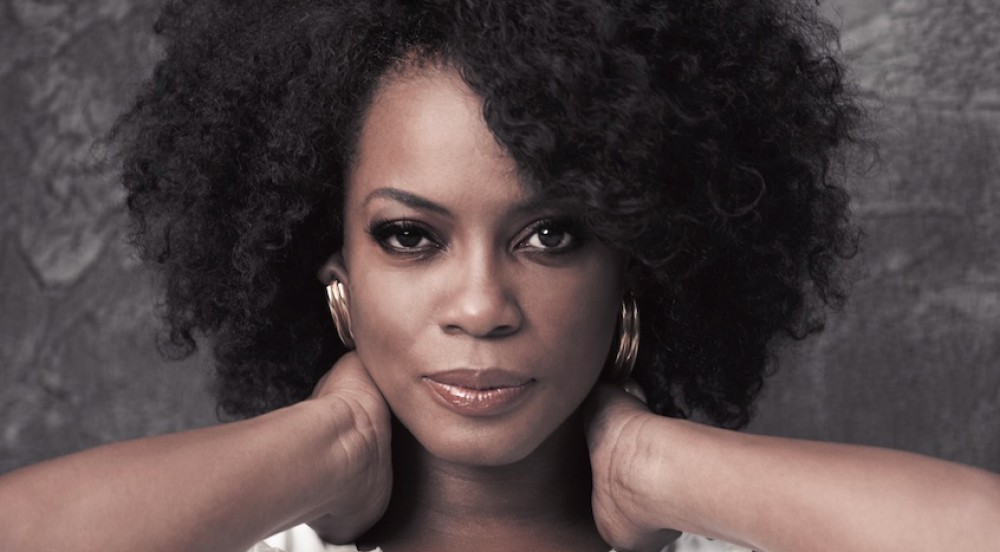Ask Aunjanue Ellis if she ever thought she would be nominated for an Oscar and her answer is a quick no. It’s not because she lacks the talent. Like Viola Davis emphasized during her acceptance speech as the first Black woman to win the Emmy for Outstanding Lead Actress in a Drama Series for How To Get Away With Murder, “the only thing that separates women of color from anyone else is simply opportunity.”
On the big screen, those opportunities have been far more limited. Consequently, Ellis—who memorably appeared in Ray as Mary Ann Fisher, one of the iconic music man’s backup singers and lovers, and as Yula Mae Davis in the controversial film, The Help, filmed in her native Mississippi, on the big screen—has done her most impressive work on the small screen.
Of her many standout roles, the iconic Mattie Moss Clark in Lifetime’s The Clark Sisters: First Ladies of Gospel and her Emmy-nominated roles as Sharonne Salaam in Ava DuVernay’s When They See Us and Hippolyta Freeman in HBO’s cancelled-too-soon hit series Lovecraft Country come to mind. But her turn as Oracene “Brandy” Williams
in King Richard is the notable exception. For the first time in her life, Ellis is nominated for an Oscar for Best Supporting Actress—the same category her co-stars Octavia Spencer and Viola Davis from The Help and Ray co-star Regina King have all won.
“I had sort of decided that wouldn't happen in my life,” she tells EBONY about her Oscar nomination. “And I was good with that. I've been fortunate with my work that I've been able to take care of the people in my life. And that was how my life was going to go and I made peace with that. So, when these things are changing and switching up, I just didn't know. It's all surprising to me,” she shares.
For her many fans, the temperature is more “about damn time.” Properly representing Black women and preserving their herstory, however, has been most important to Ellis, who admits to being particularly intentional with Ms. Oracene.
“What was remarkable about [the role] is what I didn’t know about her. I didn’t know she was their coach and I felt so ashamed of myself,” she says. “When I found that out, it became my conviction to try to tell her story in the fullest way I could.”
Without her, Ellis feared the active role Ms. Oracene played in Venus and Serena’s iconic rise would continue to go unacknowledged. “The story of women is told by men and that's unfortunate,” she says. “And that's why we don't know that Ms. Oracene Price was their coach.”
That invisibility will never befall the Williams sisters, she predicts: “There are always going to be stories about Venus and Serena because they are these huge characters—two sisters striving for greatness within the same sport. So, writers will always turn to them to tell that story.”
With their mother, however, it’s very different. “How many times are they going to tell a story about Ms. Oracene, [especially] while she’s still alive?” she asks.
As a Black woman in America, she knew it was up to her—and, as always, she delivered. With roles portraying her personal hero Fannie Lou Hamer in the short film Fannie and Martha Roberts, a political candidate and married mother of an autistic child, in the AMC/AMC+ series 61st Street, Ellis is still making sure Black women continue to be seen and heard. And Oscar or not, that won’t change.
Ronda Racha Penrice is the author of Black American History For Dummies and editor of Cracking The Wire During Black Lives Matter.













